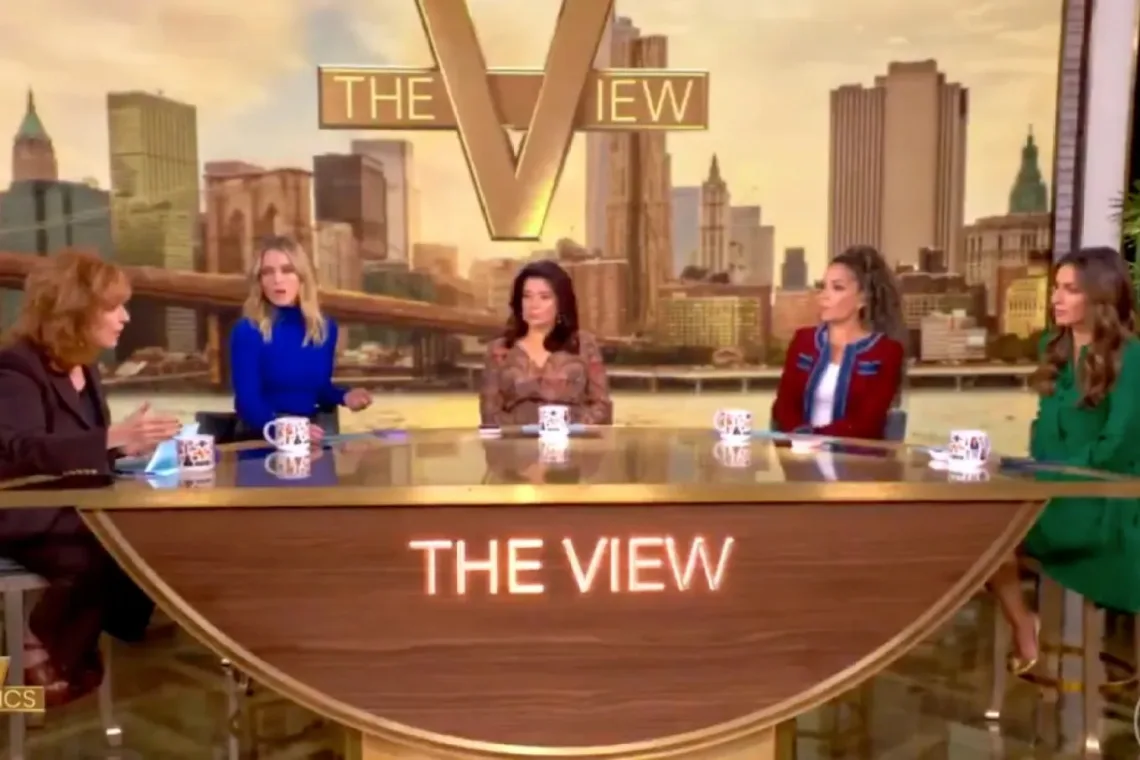The View’s debate on Trump’s 2024 election win: Where did Democrats go wrong?
An episode fraught with tension
In a particularly charged episode, the panelists on The View delved into the contentious topic of Donald Trump’s victory in the 2024 Presidential election. The conversation, encapsulated in their Hot Topics segment, showcased a wide array of viewpoints and highlighted deep divides within both the panel and the Democratic Party.
Analyzing the Democratic downfall
Joy Behar opened the segment by acknowledging President Joe Biden’s promise for a peaceful transfer of power, even as Democrats began pointing fingers over Vice President Kamala Harris’ significant loss. Behar did not hold back, expressing her dismay at the disarray within her party.
Alyssa Farah Griffin weighed in with a more critical analysis: “The lesson Democrats should take is not, ‘We didn’t run far enough to the left.’ They lost rural voters. They lost working-class voters.” Griffin’s comments highlighted a vital issue: voters who were more focused on immediate economic concerns rather than broader political ideologies.
The heart of America’s dilemma
Sunny Hostin took a more philosophical approach, questioning the moral and ethical state of the country. “What is wrong with America?” she asked. Her concerns were primarily directed at the Republican Party’s choice of Trump as a candidate, despite his controversial past. Hostin’s passionate speech confronted the audience with a litany of Trump’s alleged wrongdoings, including being an insurrectionist, election denier, and a twice-impeached individual.
Social policies and communication failures
Behar interjected to underscore the Democrats’ achievements: “Democrats are the ones who passed measures like Social Security, Medicare, Medicaid, union protections, unemployment insurance, and Obamacare.” Despite these accomplishments, she believed that the party’s message failed to resonate with the public. “The messaging didn’t get through to people. They’re not paying attention,” she lamented.
Sara Haines brought a different perspective, critiquing the tone used by the Democratic Party: “The way Democrats speak to their voters is condescending,” she stated. Haines elaborated that this condescension led to a disconnect between the party and its base, ultimately causing them to misinterpret what the public expected from their leaders.
Voter priorities in focus
Haines wrapped up her argument by telling fellow panelists that voters did not base their decision on Trump’s controversial characteristics. “They didn’t vote for him because he’s a racist or a misogynist. They voted because they needed help in their everyday lives,” she concluded. Behar countered, questioning the validity of voters openly admitting to biases such as racism or misogyny during exit polls.
The real takeaway?
The discussion on The View reflected a broader ongoing debate within the Democratic Party and among political commentators. It’s clear that understanding voter priorities and addressing their immediate concerns are imperative for any political party looking to gain or maintain power. The analysis provided by Alyssa Farah Griffin, Sunny Hostin, Joy Behar, and Sara Haines underscores the complexity of the current political landscape.
In light of these insights, it becomes apparent that both parties need to assess their strategies, messaging, and the fundamental questions of moral leadership that shape their identity. For the Democrats, this episode serves as a stark reminder of the critical importance of clear, compassionate, and effective communication with the electorate.
If you found this analysis insightful, share it on social media and follow us for more updates on the latest political discussions and analysis.

 Italian
Italian







